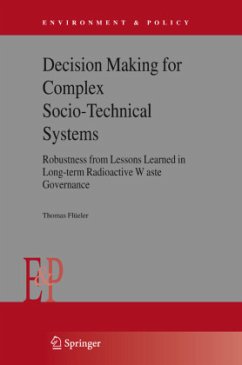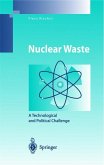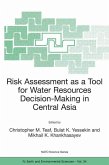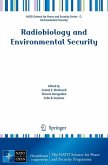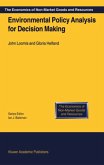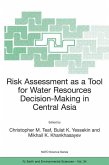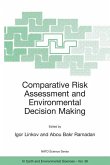Waste management can be considered as a mirror of society. In its (our) fluctuating definition, besides conserving a supply of valuable materials and resources, it acts as a fascinating expression for our throw-away mentality. Waste is inevitable, but it nevertheless provides an opportunity, a need and an incentive for society to pursue a more careful management of it. If this is successfully carried out, society may well find it possible to manage itself in an overall more careful and universal way. The management, or governance, of radioactive waste particularly is determined by a complex constellation of individuals, social aggregates, and institutions. A wealth of interconnected parts forms a complex and volatile system that is highly technical and explosively political in nature. The problems inherent in this system must be managed so as to reach a safe, acceptable, responsible, feasible, and sustainable "solution". It is a system with an objective long-term dimension, with a hazard potential of, in part, hundreds of thousands of years; and it has a long-term institutional dimension insofar as its implementation must last for decades. The very notion of risk extends from the long life of radionuclides, over the perception of dread to the decisional risk of whether, when and how to implement an agreed upon "solution".
From the reviews:
"Flüeler provides one of the most extensive bibliographies, which he conveniently organizes into a number of useful categories for those who are conducting research in this area. His extensive experience with how this issue was dealt with in Switzerland over a 50-y period along with examples from a variety of other countries is well documented. ... This text would be valuable for those specialists who are directly involved in dealing with the issue of radioactive waste ... ." (Stewart, Health Physics, Vol. 93 (2), 2007)
"Flüeler provides one of the most extensive bibliographies, which he conveniently organizes into a number of useful categories for those who are conducting research in this area. His extensive experience with how this issue was dealt with in Switzerland over a 50-y period along with examples from a variety of other countries is well documented. ... This text would be valuable for those specialists who are directly involved in dealing with the issue of radioactive waste ... ." (Stewart, Health Physics, Vol. 93 (2), 2007)

